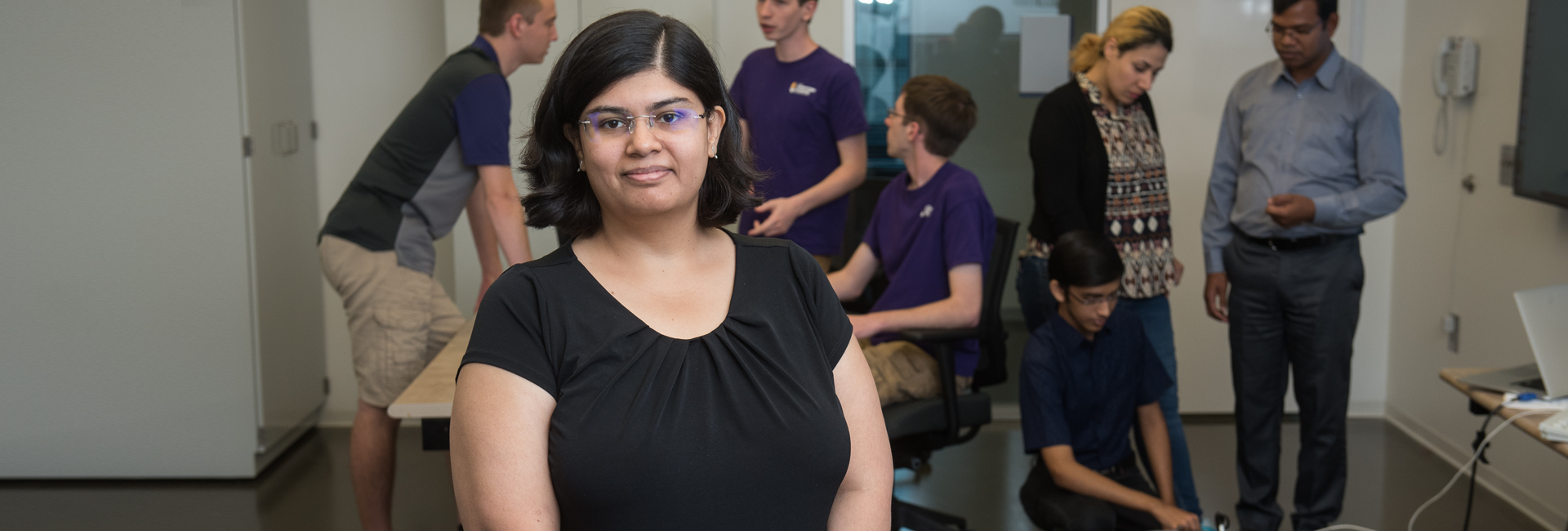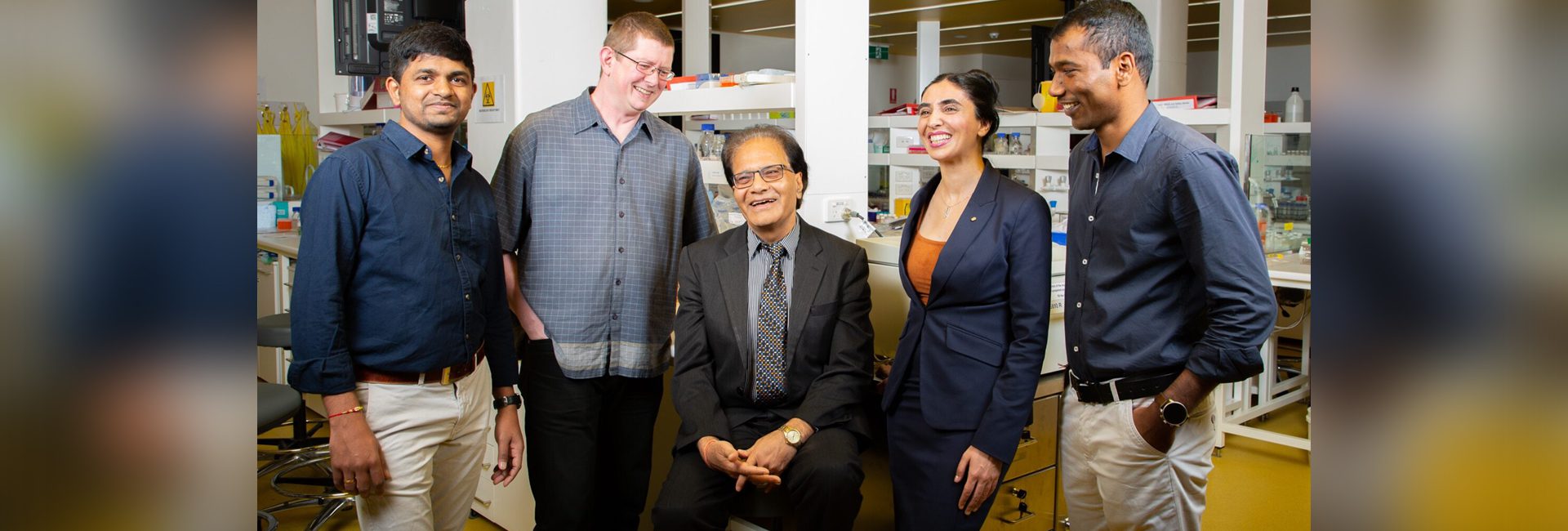(April 18, 2023) India has the largest diaspora population in the world, with over 13 million Indians living outside the country and 17 million people of Indian origin spread. While they are known to be skilled IT professionals, several Indian-origin scholars have made significant contributions to the field of maths, science, technology, and many more – which has also translated to them winning some of the biggest awards in their field. In fact, according to the latest report by Alper Dodger (AD) Scientific Index, a total of 52 Indians are among the world’s top two percent scholars in 2023.

One of the most recent examples of Indian scholars shining at a global level is that of Dr. CR Rao, who recently received the 2023 International Prize in Statistics, the equivalent to the Nobel Prize in the field, for his monumental work 75 years ago that revolutionised statistical thinking. The 102-year-old mathematician, who will also receive a cash prize of $80,000, is considered one of the pioneers of modern statistics and has worked in various areas, including multivariate analysis, sample survey theory, and biometry. Global Indian looks at a few notable scholars who have done pioneering work in their field and helped take Brand India a notch higher.
Dr. Kaushik Rajashekara
The recipient of the Global Energy Prize 2022 – the highest award in the field of energy – Dr. Rajashekara is one of the first engineers, who worked on the concept of building an electronic vehicle, far before the technology became known to the common man. The scholar, who is currently working as a Distinguished Professor of Engineering at the University of Houston, wishes to pass on all the knowledge he has gained in the last three decades to new-age engineers, to ensure that the evolution of science and technology never stops.
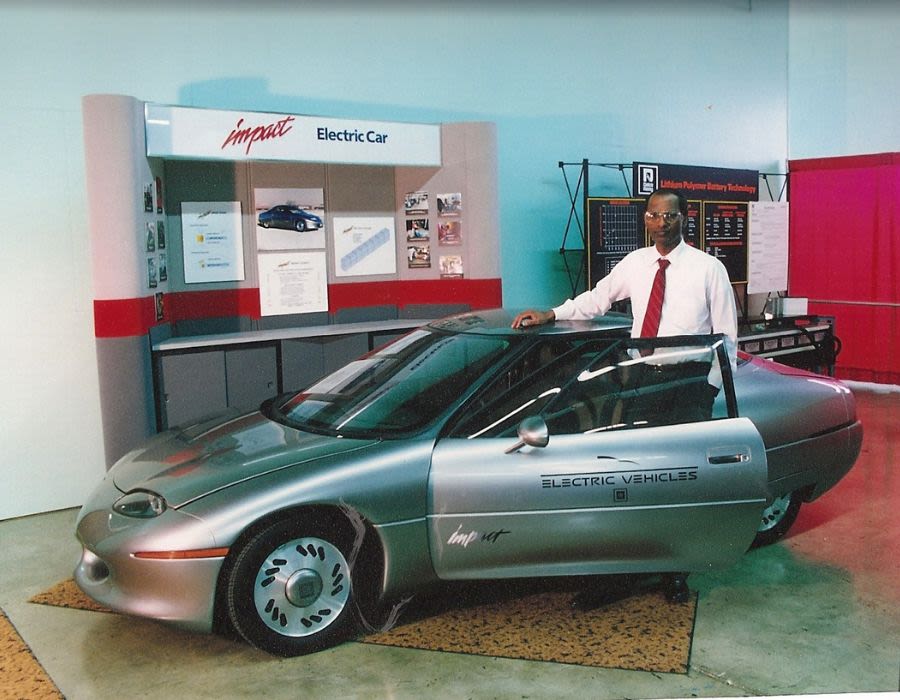
Dr, Rajashekara with GM Impact electric vehicle in 1993
Speaking to Global Indian about his accomplishments in a previous interview, the scholar said, “When I received the e-mail about my selection, I could not believe it for a moment. This award shows the importance of energy efficiency improvement and reducing emissions. I am proud of the contributions I made to technologies that would improve the environment. Also, I have travelled to about 60 countries giving seminars on various topics at universities and conferences. It is humbling to recognise how many people contributed to my success, expecting nothing in return. ‘It takes a village’ is very true in my case, and I am fortunate that my village included some of the most encouraging and inspiring engineers in the field.”
Dr. Venkatraman Ramakrishna
Who would have thought that a man born in the small temple town of Chidambaram, Tamil Nadu, could bring home the Nobel Prize for Chemistry? But, defying every odd that faced him, Dr. Venkatraman Ramakrishna won the top prize in 2009 for his research on the structure and function of ribosomes. Currently working as a group leader at the Medical Research Council (MRC) Laboratory of Molecular Biology (LMB) on the Cambridge Biomedical Campus, UK, the scholar is a Fellow of Trinity College, Cambridge, and has also served as the President of the Royal Society from 2015 to 2020.

“It takes a certain amount of courage to tackle very hard problems in science, I now realise,” the scholar said after winning the Nobel Prize, adding, “You don’t know what the timescale of your work will be: decades or only a few years. Or your approach may be fatally flawed and doomed to fail. Or you could get scooped just as you are finalising your work. It is very stressful.” The scholar also received the prestigious Order of Merit from King Charles in 2022.
Dr. Ravi Prakash Singh
Included among the top 1 percent of highly cited researchers across the globe by Clarivate Analytics-Web of Science, every year since 2017, Dr. Ravi Prakash Singh has been working tirelessly towards his goal of increasing food production in the world for the last four decades. A Distinguished Scientist and Head of Global Wheat Improvement at the International Maize and Wheat Improvement Center (CIMMYT) in Mexico, the academic has developed several wheat varieties, which have added over $1 billion annually to farmers’ incomes through increased productivity and built-in disease resistance.
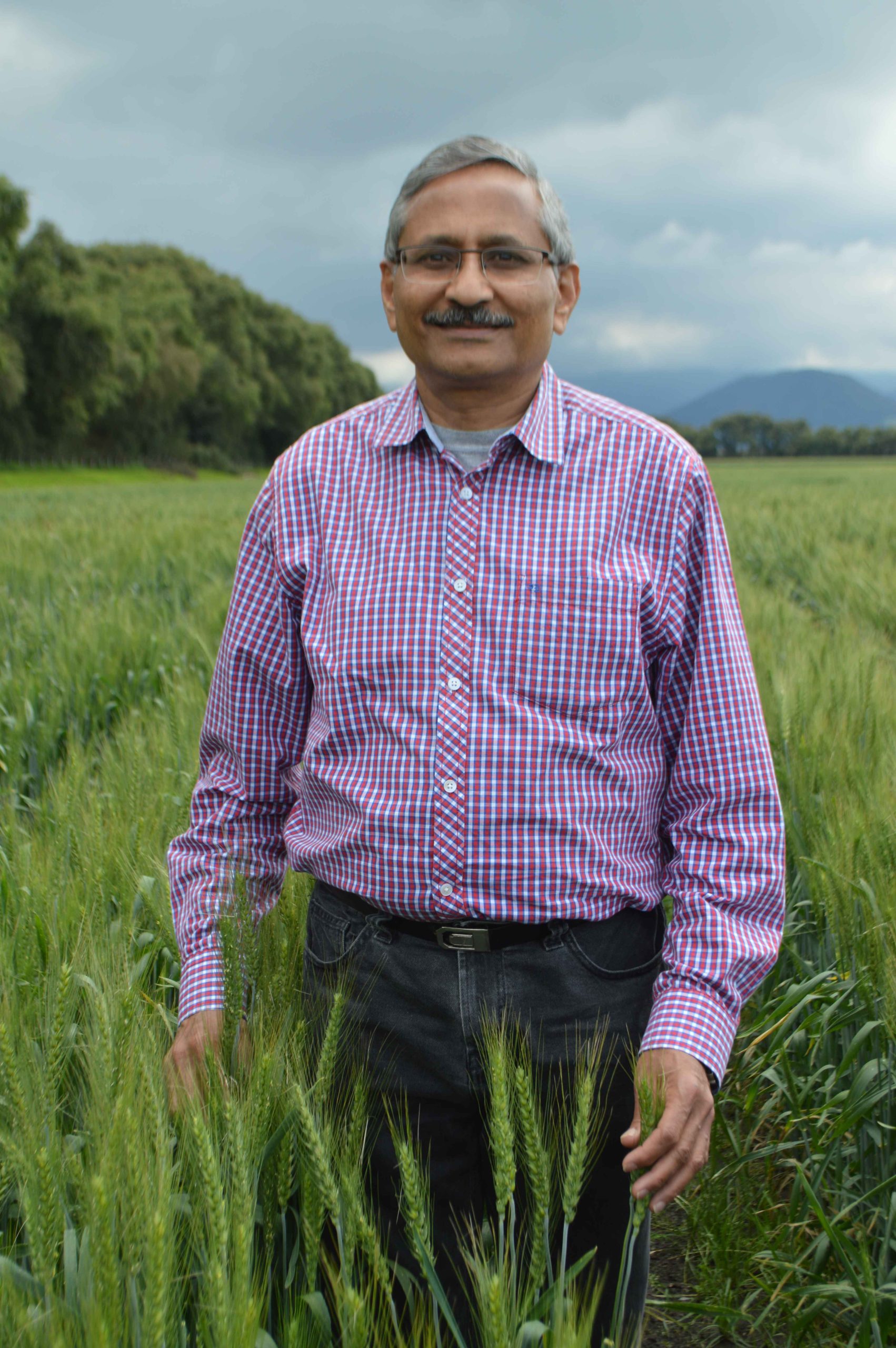
Dr Ravi Prakash Singh, Head of Global Wheat Improvement at CIMMYT
The scientist also serves as Adjunct Professor at Cornell University and Kansas State University and is the recipient of several top awards in agrotechnology, including the Outstanding CGIAR Scientist Award, the CSSA Crop Science Research Award, the University of Minnesota E.C. Stakman Award, and the China State Council’s Friendship Award. “The awards recognise and value many years of wheat breeding at CIMMYT, where I had the opportunity, privilege, and satisfaction to have contributed and made impacts through our invaluable partners in India and many other countries,” the scholar told GI during an interview.
Dr. Pavithra Prabhakar
Proving the age-old idea, ‘mathematics is not for girls’ wrong, Dr. Pavithra Prabhakaran’s research in the field of machine learning and artificial intelligence is helping the industry grow by leaps and bounds. Currently, the Peggy and Gary Edwards chair in engineering and professor of computer science at Kansas State University, the scholar recently received the prestigious Amazon Research Award to design a tool that highlights changes between different versions of machine learning software systems to minimise negative user experiences.

The Programme Director at the National Science Foundation, USA, the scholar’s proposed research will build on foundational concepts from process algebra and control theory to define mathematical notions of distance between different versions of machine learning systems and develop algorithms for outputting the similarity and dissimilarity between them. “The broad objective of the project is to automatically characterise how much two versions of machine learning-based systems are similar or different,” she told GI during an interview.
Dr. Siddhartha Mukherjee
“An elegant inquiry, at once clinical and personal, into the long history of an insidious disease that, despite treatment breakthroughs, still bedevils medical science,” the Pulitzer Prize committee had noted while awarding the 2011 award to cancer specialist Dr. Siddhartha Mukherjee. An Indian American oncologist, cell biologist, and hematologist, Dr Mukherjee created waves in the medical world after he released his first book The Emperor of Maladies: A Biography of Cancer, which weaves together his experiences as a cancer expert.
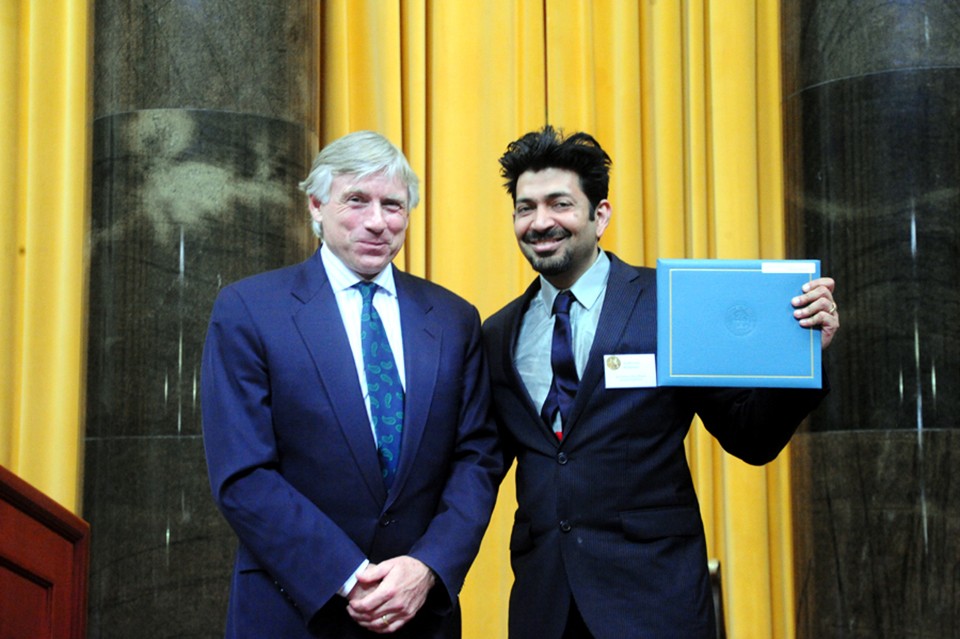
Lee C. Bollinger, President of Columbia University presenting Pulitzer Prize to Dr. Siddhartha Mukherjee
Honoured with India’s fourth highest civilian award, the Padma Shri, the scholar’s research about the roles of cells in cancer therapy has helped several medical practitioners across the globe help ailing patients. “The book is written entirely for a layperson to understand, but I wanted to treat this audience with the utmost seriousness. If you look at Amazon, you find 5000 books about cancer…but I felt as if there was a vacuum and that none of these books addressed the kinds of questions that patients and families have, which is a desire to have a larger history, one that goes back to the origins and then takes us into the future,” the scholar had said after winning the Pulitzer Prize.
Also Read: The fortune at the bottom of the pyramid: How CK Prahalad changed the way the world did business
Also Read: Beyond Borders: How CEOs from Telugu diaspora have shaped the frontiers of global tech
